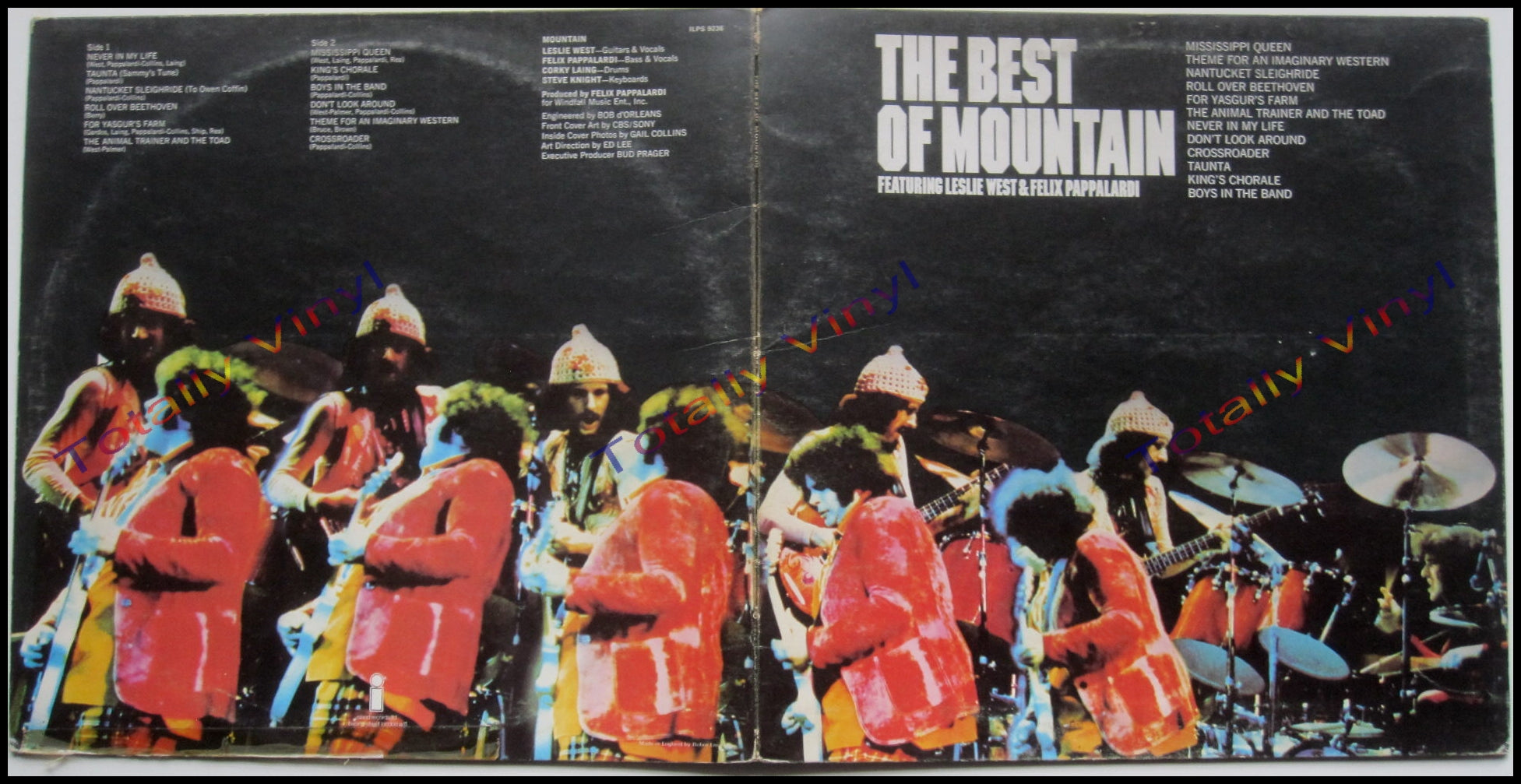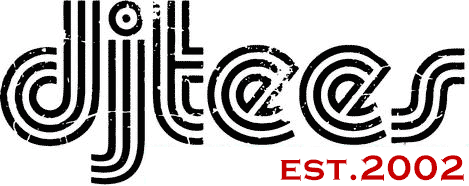Your Cart is empty
Subtotal£0.00
Your order details
Your Cart is empty

Mountain is not only one of my favourite bands, they’re also an important band in the history of rock. In their short career they were sometimes called Cream imitators. That was very wide of the mark and really only came about because of Cream producer’s Felix Pappalardi’s involvement. They were actually a more adventurous band in some ways, with a strong keyboard presence and some really great songs and of course some very massive riffs all played on that wee Les Paul Junior of Leslie West.
In early 1969 Leslie West, formerly of the Long Island R&B band The Vagrants, put together a band, Leslie West Mountain, with Norman Landsberg (keyboards, bass) and Ken Janick (drums) and began playing gigs and recording demos. Right around this time, former Cream collaborator/producer Felix Pappalardi, who had previously produced the Vagrants, expressed an interest in producing West's work. West, previously disgruntled and unsatisfied with the lack of success with The Vagrants and seeing Cream’s huge success was inspired to push his music into that direction on his first solo record. Leslie West’s Mountain.
A fantastic album, it was the blueprint for what would become Mountain and featured many of the band's big live numbers such as Blood Of The Sun, Long Red and Dreams Of Milk And Honey. It got to #72 on the US charts and remains a largely unheralded classic.
Keyboardist Steve Knight (from Devil's Anvil, another of Pappalardi's productions) was added after Landsberg left to form another group, Hammer, with Janick.
Naming themselves "Mountain", after the ‘69 solo album, West, Pappalardi, Smart and Knight played shows on the West Coast before getting to play their third concert as a working band at the 1969 Woodstock Festival in Bethel, New York!
Mountain was received enthusiastically by the festival audience but the band did not appear in the film of the event, nor was their performance included on volume 1 of the festival's live album. Their performances of "Blood of the Sun" (from West's album) and "Theme for an Imaginary Western" (a song they planned to record for Climbing and written by former Cream bassist Jack Bruce) did appear on "Woodstock II" (however, both of these "live" songs were not recorded at Woodstock). The 40th Anniversary Edition of Woodstock on DVD and Blu-ray features filmed performances of "Beside The Sea" and "Southbound Train".
Soon after Woodstock, Smart was replaced by Canadian Laurence "Corky" Laing, who was the drummer on another classic Climbing!, which was released in March 1970. It led off with what became the band's signature song, "Mississippi Queen", which reached #21 in the Billboard Hot 100, and was featured in the 1971 cult film Vanishing Point, while the album reached #17 in the Billboard Top 200.
Mountain began a hectic touring schedule in the middle of which they recorded a follow-up album, Nantucket Sleighride, released in January 1971. This album reached #16 but failed to yield a hit single. The title track was used in the UK as the theme to ITV's Sunday political program Weekend World. After these early releases the band continued to receive a certain measure of critical acclaim but never again achieved great commercial success.
After Nantucket Sleighride, the band produced Flowers of Evil (November 1971) consisting of one side of studio material and one live side, culled from a concert at New York's Fillmore East. That is a long album, with side 2 clocking in at nearly half an hour in length and consequently is a bit quiet.
Mountain disbanded in February 1972 after a tour of the UK. West has since cited a combination of drug abuse within the band and Pappalardi's road weariness and burgeoning hearing impairment as primary factors. A live album, Mountain Live: The Road Goes Ever On, was issued in April 1972. Long Red is the Woodstock recording.

Pappalardi returned to studio work, while West and Laing formed West, Bruce and Laing with former Cream bassist Jack Bruce.Their first American performance was a Carnegie Hall concert, prompting a bidding war that Columbia Records won, and the new trio cut two studio albums and a live release over the next two years. After Bruce suddenly pulled out of the trio in 1973, West and Laing continued on briefly as Leslie West's Wild West Show, which also featured special guest Mitch Ryder plus NYC guitarist Peter Baron and bassist Tom Robb (formerly with Mylon LeFevre's band and later with Marshall Tucker Band).
By August 1973, West and Pappalardi had reformed Mountain with Allan Schwartzberg on drums and Bob Mann (ex-Dreams) on keyboards and guitar; the new lineup toured Japan and produced a double live album, Twin Peaks (February 1974), from the tour. The studio work Avalanche (July 1974), for which Laing returned to play drums and David Perry became the new second guitarist (from November 1973 to September 1974), would be Mountain's final album with Pappalardi as a participant. the group broke up again after playing a final show at Felt Forum in NYC on December 31, 1974
Thus ended a wonderful run of albums. They’re heavy yes, but they also had a lot of light & shade to their music. Worth discovering them, if they’ve not been in your life for a while.
We will send you an email to reset your password.

